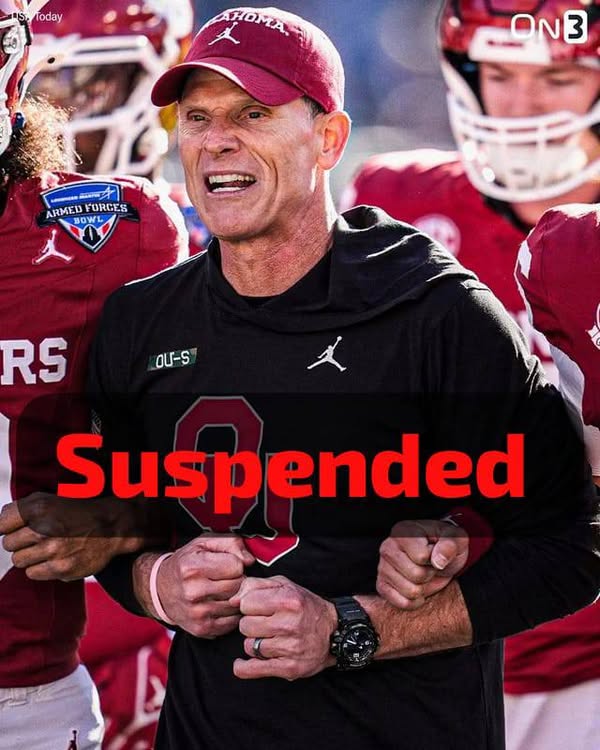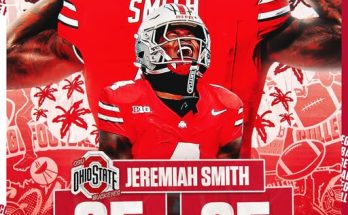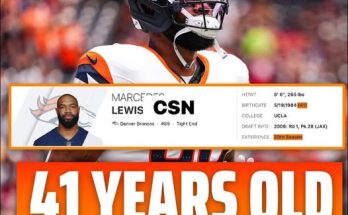The Oklahoma Sooners athletic program is currently facing significant turmoil, with both its football and basketball teams embroiled in controversies that have cast shadows over their respective seasons. Central to these issues is football head coach Brent Venables, whose leadership is under intense scrutiny following a series of alarming allegations and disappointing performances.
In the football realm, the 2024 season concluded with a disheartening 21-20 loss to Navy in the Armed Forces Bowl, cementing a 6-7 record for the Sooners. This marked the second losing season in Venables’ three-year tenure—a stark contrast to the program’s historical success under previous coaches Bob Stoops and Lincoln Riley. The last time Oklahoma experienced a losing season prior to Venables was in 1998 under John Blake. Such a downturn has led to mounting pressure on Venables, with many questioning his ability to steer the team back to prominence.
Compounding the on-field struggles are internal discord and allegations of unfair treatment within the team. Reports have surfaced of a star player accusing Venables of favoritism and biased decision-making, leading to a fractured locker room environment. The player, speaking anonymously, described a toxic atmosphere where personal relationships, rather than merit, dictated playing time and opportunities. These revelations have ignited a media frenzy and divided the fanbase, with some calling for accountability and others questioning the veracity of the claims.
Venables himself has acknowledged missteps, particularly in his hiring decisions. He candidly admitted to making an error in appointing former offensive coordinator Seth Littrell, stating, “I hired the wrong guy.” This admission underscores the challenges the team has faced offensively, with inconsistent performances and a lack of identity plaguing the season. Despite a notable 24-3 victory over Alabama, where the Sooners leaned heavily on their running game, the overall offensive strategy has been questioned. Venables has emphasized the need for an efficient, adaptable offense that can attract top talent and perform consistently, regardless of personnel changes.
The basketball program has not been immune to controversy either. A recent incident during a game against Kentucky saw a fan hurl a beer can at opposing players as they exited the court. The object narrowly missed Kentucky’s Brandon Garrison, who had been instrumental in securing their 83-82 victory over Oklahoma. This act of hostility has prompted an investigation by the Sooners’ administration, aiming to identify the individual responsible and address the breach of sportsmanship. The incident has marred what was otherwise a competitive and thrillin
On the court, the basketball team has experienced a rollercoaster season. After a promising 13-0 start, the Sooners struggled in SEC play, finishing with a 6-12 conference record. Freshman guard Jeremiah Fears emerged as a standout player, averaging 17 points, 4.1 rebounds, and 4.1 assists per game. His performances, including a 31-point game against Missouri, have been a silver lining in an otherwise inconsistent season. As the team prepared to face UConn in the NCAA Tournament, stopping Fears was identified as a critical challenge for their opponents, underscoring his impact and potential future in the sport.
The culmination of these issues has placed the Oklahoma athletic program at a crossroads. For the football team, the upcoming season is pivotal. Venables faces the daunting task of revitalizing a program that has historically been synonymous with success. The challenges are multifaceted: rebuilding player trust, addressing internal grievances, formulating a cohesive and effective offensive strategy, and navigating a demanding schedule that includes formidable opponents such as Michigan, Alabama, and LSU. The pressure is mounting, and without a significant turnaround, Venables’ tenure may be in jeopardy.
Similarly, the basketball program must address both on-court performance and off-court conduct. The incident involving the fan’s behavior has raised questions about the culture surrounding the team and the measures in place to ensure a respectful and safe environment for players and spectators alike. Moving forward, fostering a culture of accountability and sportsmanship will be essential in restoring the program’s reputation.
In the broader context, these challenges reflect the intense scrutiny and high expectations that accompany collegiate athletics, particularly at institutions with storied histories like Oklahoma. The intersection of athletic performance, leadership decisions, player relations, and fan conduct creates a complex landscape that requires careful navigation. The current crises within the football and basketball programs serve as a stark reminder of the delicate balance required to maintain excellence both on and off the field.Blogging
As the Sooners look to the future, the path forward demands introspection, decisive action, and a commitment to the values that have historically defined the program. For Brent Venables, this means not only addressing tactical and strategic shortcomings but also rebuilding trust within the team and the broader community. For the basketball program, it involves capitalizing on emerging talent like Jeremiah Fears while ensuring that the culture surrounding the team reflects the principles of respect and integrity.
The coming months will be critical in determining the trajectory of Oklahoma’s athletic programs. The challenges are significant, but with concerted effort and a clear vision, the Sooners have the opportunity to navigate this tumultuous period and reestablish themselves as exemplars of collegiate sports excellence.



